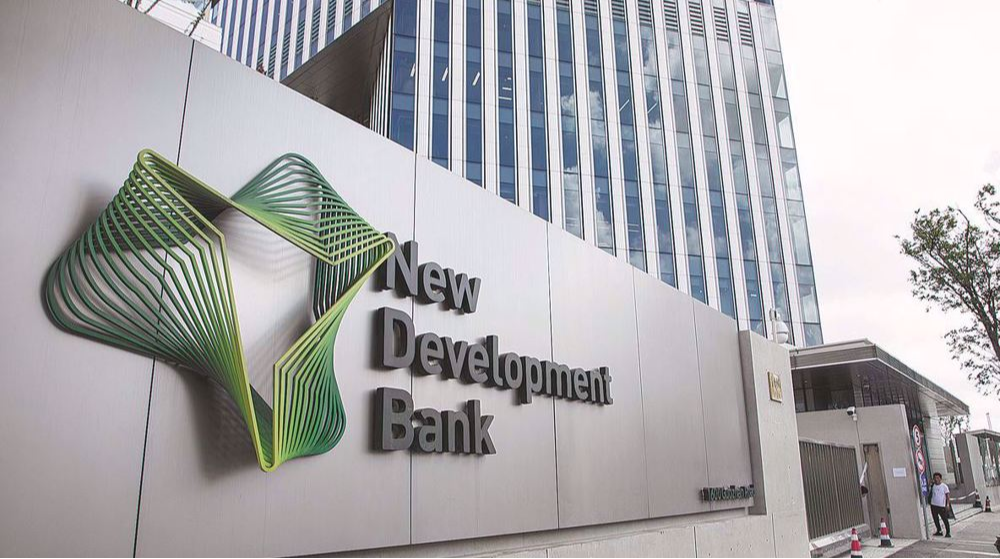Russian Finance Minister Anton Siluanov says BRICS members are working on various financial innovations including the development of a “digital” cross-border payment system to carry out monetary services within the economic bloc.
“We are considering our various financial innovations on the BRICS floor, including the cross-border payment system that can be based, further to bilateral settlements, on national currencies with consideration of digital technologies and digital financial assets,” Tass quoted Siluanov telling reporters.
BRICS current members are Brazil, Russia, India, China, South Africa, Egypt, Iran, UAE, Saudi Arabia, Indonesia and Ethiopia. Some developing countries, namely Algeria, Belarus, Bolivia, Cuba, Indonesia, Kazakhstan, Malaysia, Nigeria, Thailand, Turkey, Uganda, Uzbekistan and Vietnam, have expressed interest in joining the economic bloc.
Siluanov said, “The buildup of the financial infrastructure is very important for development of trade and economies of our countries.”
In an attempt to dissuade BRICS from replacing the U.S. dollar, U.S. President Donald Trump has threatened BRICS member countries against any move that undermines the “mighty US dollar,” warning that nations abandoning the dollar “should say hello to tariffs and goodbye to America.”
“We are going to require a commitment from these seemingly hostile countries that they will neither create a new BRICS currency nor back any other currency to replace the mighty U.S. dollar — or they will face 100 percent tariffs,” Trump has said. “There is no chance that BRICS will replace the U.S. dollar in international trade, or anywhere else.”
Although BRICS does not have a common currency, discussions on reducing reliance on the US dollar have gained momentum in past years, especially after the West imposed sanctions on Russia over Ukraine.
In order to fend off the impact of weaponizing the U.S. Dollar by Washington, the BRICS bloc has designed a plan to adopt a new currency for their international business transactions to replace the U$D and end the decades-long global dominance of the greenback.
The BRICS bloc set up the New Development Bank (NBD), with Brazil’s Dilma Rousseff recently re-elected to head it until 2030.
The NDB aims to strengthen cooperation within BRICS and to supplement the efforts of multilateral and regional financial institutions for global development, thus contributing to collective commitments for achieving the goal of strong, sustainable and balanced growth.
The days of U.S. dollar hegemony appear to be numbered as multiple countries have adopted alternative currencies to the US dollar for international transactions.
The bank’s Board of Governors has seven members from seven countries — Bangladesh, Brazil, Egypt, India, China, the United Arab Emirates (UAE), Russia, and South Africa.


